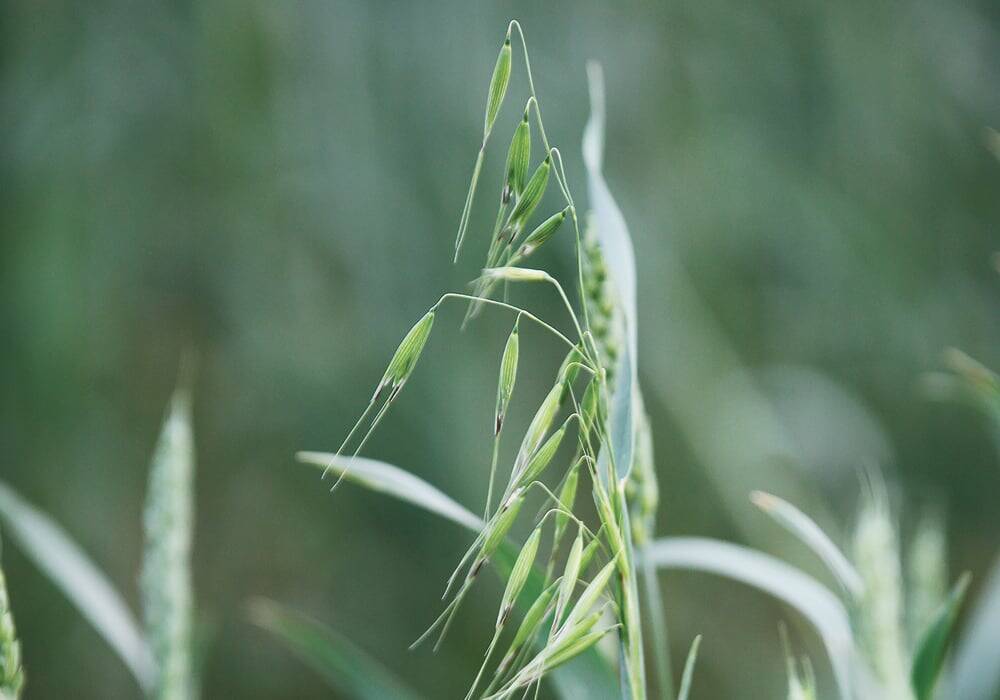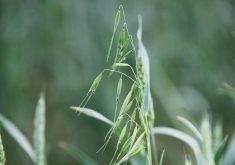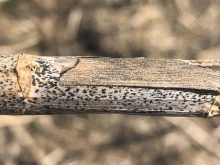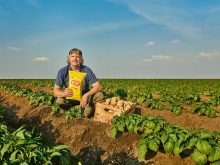The farmer purchased the contaminated seed before the USDA granted full approval for genetically modified alfalfa in 2011
Reuters / A food safety advocacy group has demanded that the U.S. government investigate how a Washington state alfalfa crop became tainted with a genetically modified trait that was illegal when the seed was purchased.
The Center for Food Safety said it was basing its legal petition on evidence that the seed used by farmer Joseph Peila to plant the crop was purchased in the year before the biotech variety was granted final regulatory approval by the U.S. Department of Agriculture in 2011.
In August, an exporter to Asia rejected Peila’s hay crop because it tested positive for the genetically engineered trait, developed by Monsanto Co., found in “Roundup Ready” alfalfa. Many foreign buyers will not accept crops that contain the modification.
Read Also

Think beyond the herbicide jug when dealing with wild oats
Wild oats are notoriously hard to manage, but one precision ag specialist offers some tips to growers.
“Not only was the presence of GE alfalfa in… Peila’s alfalfa seed unlawful, the contamination exposes (him) and other farmers to huge potential losses,” said George Kimbrell, a lawyer with the centre. “USDA regulations make it clear that any level of contamination from unapproved GE plant material is unlawful.” The discovery of the contamination has highlighted the difficulties of keeping conventional and organic seed supplies free of biotech traits, say critics of U.S. regulatory policies on genetically modified crops. It has also heightened concerns that the USDA is not doing enough to stop such contamination.
The USDA said on Sept. 17 it would not take any action in Peila’s case because the Roundup Ready alfalfa is now an approved crop.
But Peila — one of the first U.S. farmers to make a public complaint about alfalfa contamination — said he had purchased the seeds before the USDA granted final approval in 2011. To back up his contention, he has provided Reuters with documents including a 2010 sales receipt, bag labels and independent and state testing results.
“This seed was planted in 2010. It should have never been contaminated, period,” the 40-year-old Peila said. “My whole management practice and marketing (are) thrown out the window. This scares me to death.”
The Roundup Ready alfalfa seed was initially approved by regulators in 2005, but a lawsuit by the Center for Food Safety led to a Federal Court injunction keeping it off the market from 2007 to 2011, when the USDA granted final regulatory approval.
The incident comes at a time when the U.S. government is trying to establish protocols for what it calls “coexistence” of biotech crops with conventional and organic crops. The aim, it says, is to protect the purity of supplies.
But it revives claims from critics that coexistence is impossible, and allegations that agricultural regulators are failing to protect farmers who want to ensure the purity of their conventional or organic crops.
Agriculture Secretary Tom Vilsack announced late last month that the department was seeking public comment on how to achieve the coexistence goal. A USDA advisory committee is trying to set standards for compensating farmers whose crops are contaminated, and mitigation techniques to minimize gene flow between crops.
“USDA supports all forms of agriculture and wants each sector to be as successful as possible providing products to markets in the United States and abroad,” the USDA said as part of Vilsack’s announcement.














